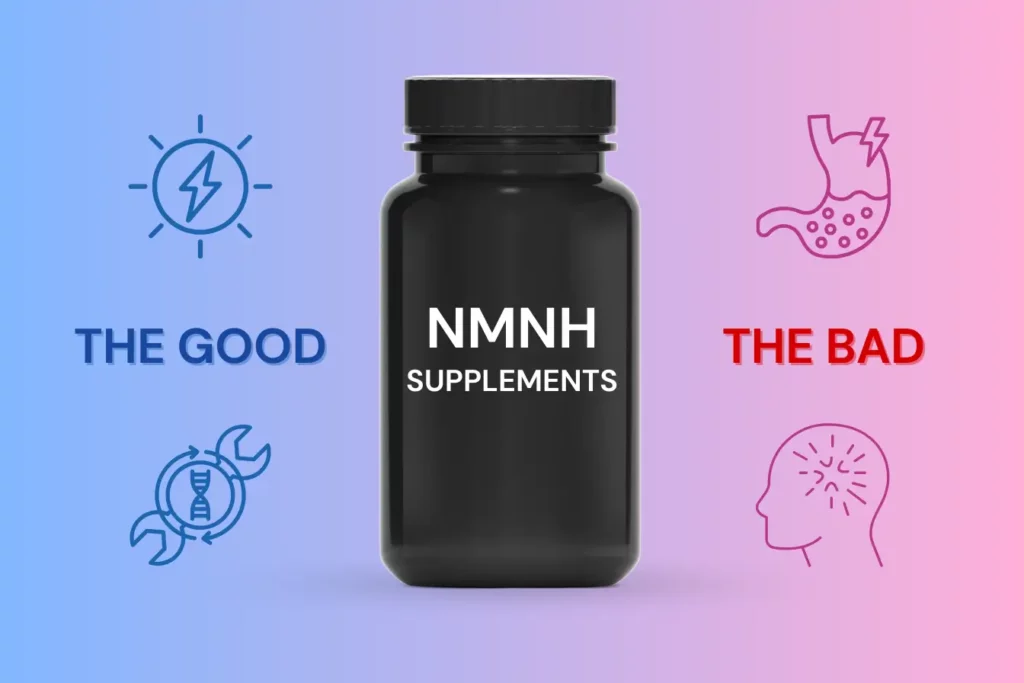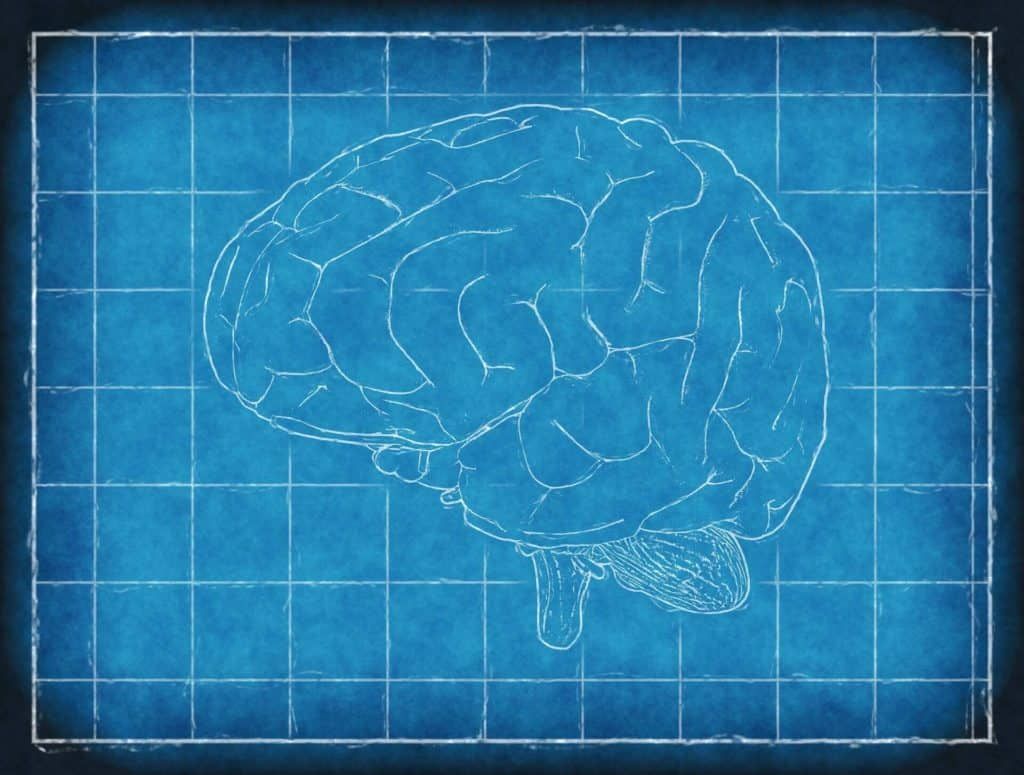Touted as a brain booster, a lung cleanser, and everything in between, N-acetylcysteine (NAC) is gaining popularity in the medical and pharmaceutical community. Some say it supports fertility, others hail it a powerful liver protector, yet others believe it improves mood and mental clarity. With so many claims surrounding this supplement, it’s hard to know whom to believe. As interest in NAC grows, so does the need for answers. What is NAC, and what does science say about its benefits? Let’s take a look at the research behind it, known effects, and the gaps that still remain.
About NAC: An Overview
N-acetylcysteine (NAC) is a supplement form of cysteine, a semi-essential amino acid.
The supplement is engineered for better absorption and stability in the body, allowing it to work more effectively than cysteine.
NAC supports the production of glutathione, an antioxidant that stabilizes cellular functions.
Medically, it helps manage paracetamol/acetaminophen overdoses.
Recently, it has been shown to loosen mucus (mucolysis) from airways in respiratory conditions.
NAC is FDA-approved and the WHO has listed it as an essential medicine.
It is available over the counter in countries like the United States, Canada, and Australia.
Though widely studied, its effectiveness can vary across different health conditions in clinical practice.
Top 7 Benefits Of NAC: Do They Have Merit?
NAC continues to generate interest for its potential health benefits. While some claims are supported by strong evidence, others are still being studied.
Here’s a quick look at the top 7 benefits of NAC:
Treats Acetaminophen Overdose
NAC’s treatment for acetaminophen overdoses is its only medically proven application.
It helps the body make more glutathione to clear out the harmful effects of acetaminophen.
If given within 8-10 hours of an overdose, it can prevent severe liver and kidney damage.
NAC can be administered intravenously for faster action.
Helps Produce Antioxidant Glutathione
NAC provides the required building blocks for the production of glutathione, one of the body's most beneficial antioxidants.
This increase in glutathione may help:
- Reduce oxidative stress
- Protect cells from harmful free radicals
Since NAC helps boost antioxidant levels, its role in cell health, immune function, and detoxification is vital.
Some research suggests it can reduce the risk of chronic conditions like heart disease, though more studies are needed to understand the complete picture.
Protects Your Lungs And Kidneys
NAC supports detoxification by helping the kidneys flush out harmful substances more effectively.
Early findings suggest it may benefit individuals with kidney issues, though further studies are required.
When it comes to lung health, NAC shows potential for reducing inflammation and breaking down mucus, particularly in chronic respiratory conditions like:
- COPD (chronic obstructive pulmonary disease)
- Chronic bronchitis
- Cystic fibrosis
In higher doses (1200mg/day) or when inhaled, NAC could potentially reduce coughing, enhance airway function, and minimize oxidative stress.
Boosts Brain Health
NAC may help protect brain function by reducing inflammation and oxidative damage.
Along with increasing glutathione, it supports the balance of glutamate, an essential neurotransmitter in the brain.
These actions may support brain cell survival and reduce the progression of damage seen in neurodegenerative disorders such as:
- Alzheimer’s disease
- Parkinson’s disease
While currently promising, more human studies are needed before NAC becomes a standard part of treatment for these conditions.
Improves Fertility
NAC has shown benefits for both male and female reproductive health.
In studies, it has been linked to:
- Improved semen quality when taken alone or with selenium in men and individuals assigned male at birth (AMAB)
- More regular ovulation in women and individuals assigned female at birth, especially those with PCOS-related infertility
These results indicate NAC’s potential as a supportive supplement in specific fertility treatment plans.
Stabilizes Blood Sugar
Research suggests NAC may improve insulin resistance, particularly in people with PCOS.
Insulin resistance develops when the body doesn’t respond well to insulin, affecting blood sugar processing.
While NAC may help:
- Improve insulin function in PCOS
- Support hormonal balance
Studies haven’t confirmed how well it helps with blood sugar in type 2 diabetes.
Improves Treatment For Mental Health Conditions
NAC is being studied for its impact on mental health and addiction recovery.
It appears to influence brain chemicals linked to mood and repetitive behavior.
Early research shows potential benefits in reducing symptoms related to:
- Major depressive disorder
- Bipolar disorder
- Post-traumatic stress disorder (PTSD)
- Obsessive-compulsive disorder (OCD)
- Schizophrenia
- Trichotillomania (hair-pulling)
Additionally, NAC shows promise in addressing substance use disorders (SUD), potentially easing withdrawal symptoms and reducing cravings.
Who Needs NAC Supplements?
The need for NAC usually arises in people dealing with ongoing physical or mental strain.
It’s often considered by:
- People with chronic respiratory conditions like COPD or bronchitis
- Individuals frequently exposed to environmental toxins
- Those experiencing high levels of oxidative stress
- People managing mental health concerns such as depression or anxiety
- Individuals protecting their liver from alcohol or extended drug use
NAC Usage Guide
Is It Okay To Take NAC Every Day?
Taking NAC every day may be safe for a short period, especially when used for a specific health purpose.
However, long-term safety isn't clear yet, as most studies focus on use between 6 weeks and 6 months.
Side effects are rare at low doses, but the effects of prolonged use are still unclear.
Discussing your plans with a healthcare professional can help you decide whether daily NAC fits your health needs.
When To Take NAC, Morning Or Night?
You can take NAC in the morning or at night, depending on the purpose and dosage.
Since it may interact with other medications or supplements, a healthcare provider will often recommend the best timing as part of your overall health plan.
Who Should Avoid Taking NAC?
Specific individuals should avoid NAC to prevent potential health risks and complications.
Here are those who should refrain from using it.
- People with asthma: NAC may trigger or worsen asthma symptoms, including bronchospasm (tightening of the airways).
- People with bleeding disorders: NAC can slow blood clotting and increase bleeding risks.
- People on blood thinners: NAC may interact with these medicines and raise the risk of bleeding.
- People planning surgery: Stop NAC at least two weeks before surgery to avoid bleeding risks.
- People allergic to acetylcysteine: Do not use NAC if allergic to acetylcysteine.
- Pregnant or breastfeeding women: Always check with a doctor before using NAC.
Do NAC Supplements Have Side Effects?
NAC supplements are generally considered safe for adults when prescribed by a healthcare provider.
However, taking high doses can result in side effects, including:
- Vomiting
- Nausea
- Constipation
- Diarrhea
Inhaling NAC solutions can cause symptoms like:
- Drowsiness
- Mouth swelling
- Chest tightness
- Runny nose
FAQs About NAC Benefits
What Is The Main Purpose Of NAC?
NAC's main purpose is to support the body's antioxidant and anti-inflammatory processes.
It helps maintain cellular balance by reducing oxidative stress, making it beneficial for conditions where oxidative stress contributes to disease development and progression.
What Does NAC Do To Your Brain?
NAC supports brain health by helping replenish glutathione levels, which protect the brain against oxidative stress.
This protective effect may contribute to better cognitive function and reduced cognitive decline.
Preclinical studies show that NAC can lower oxidative stress markers and lessen the severity of cognitive dysfunction in animal models.
With more research, we can better understand its impact on human brain health.
Why Does NAC Make Me Feel So Good?
NAC may make you feel good because it supports key brain processes linked to mood and mental health.
One of its leading roles is balancing glutamate, a brain chemical linked to emotions and thinking.
This balance can help relieve symptoms related to depression, anxiety, obsessive-compulsive behavior, and even the negative symptoms of schizophrenia.
Some people may notice improvements only after using NAC for several months, as many clinical studies suggest extended treatment periods are more effective.
Does NAC Help Clear Brain Fog?
NAC may help improve brain fog, especially in individuals experiencing ongoing cognitive difficulties after viral infections like COVID-19.
In a small clinical observation, twelve patients with reduced memory, concentration issues, and mental task difficulties received 600 mg of NAC daily with guanfacine.
The results were as follows:
- Patient 1–8: Reported improvement in memory, focus, and ability to manage mental tasks
- Patient 9-10: Discontinued due to dizziness and low blood pressure (side effects of guanfacine)
- Patient 11–12: Stopped treatment for unspecified reasons
NAC contributed to better brain health by protecting mitochondria and decreasing kynurenic acid levels that interfere with normal brain signaling.
Summary: NAC Benefits
- NAC is a modified form of cysteine that boosts glutathione levels, the body’s key antioxidant.
- The only medically approved use of NAC is to treat acetaminophen overdose, where it prevents severe liver damage.
- NAC supports detoxification and helps protect vital organs like the liver, lungs, and kidneys.
- It may also reduce oxidative stress, enhance immune response, and support brain function.
- Evidence suggests it can help manage chronic respiratory issues like COPD by reducing inflammation and mucus.
- In mental health, NAC shows promise by balancing glutamate, potentially improving conditions like OCD, depression, and PTSD.
- It may support fertility in both men and women, especially those with PCOS, and might improve insulin sensitivity, though it’s not yet confirmed for managing type 2 diabetes.
- Some studies show it could ease brain fog, particularly after viral infections.
- While short-term daily use is considered safe, its long-term effects require more study.
- NAC isn’t recommended for individuals with asthma, bleeding disorders, or who are pregnant.
Others Are Also Reading

NMNH Supplements: The Good And The Bad

Best BDNF Supplements To Boost Brain Function

Top 7 “Natural” Supplements Associated With Liver Damage
References
https://www.healthline.com/nutrition/nac-benefits
https://www.webmd.com/diet/health-benefits-nac
https://pmc.ncbi.nlm.nih.gov/articles/PMC8234027
https://www.webmd.com/vitamins/ai/ingredientmono-1018/n-acetyl-cysteine-nac
https://www.sciencedirect.com/science/article/abs/pii/S0149763416303980
https://pmc.ncbi.nlm.nih.gov/articles/PMC9095537
https://www.sciencedirect.com/science/article/pii/S2667257X22001000




